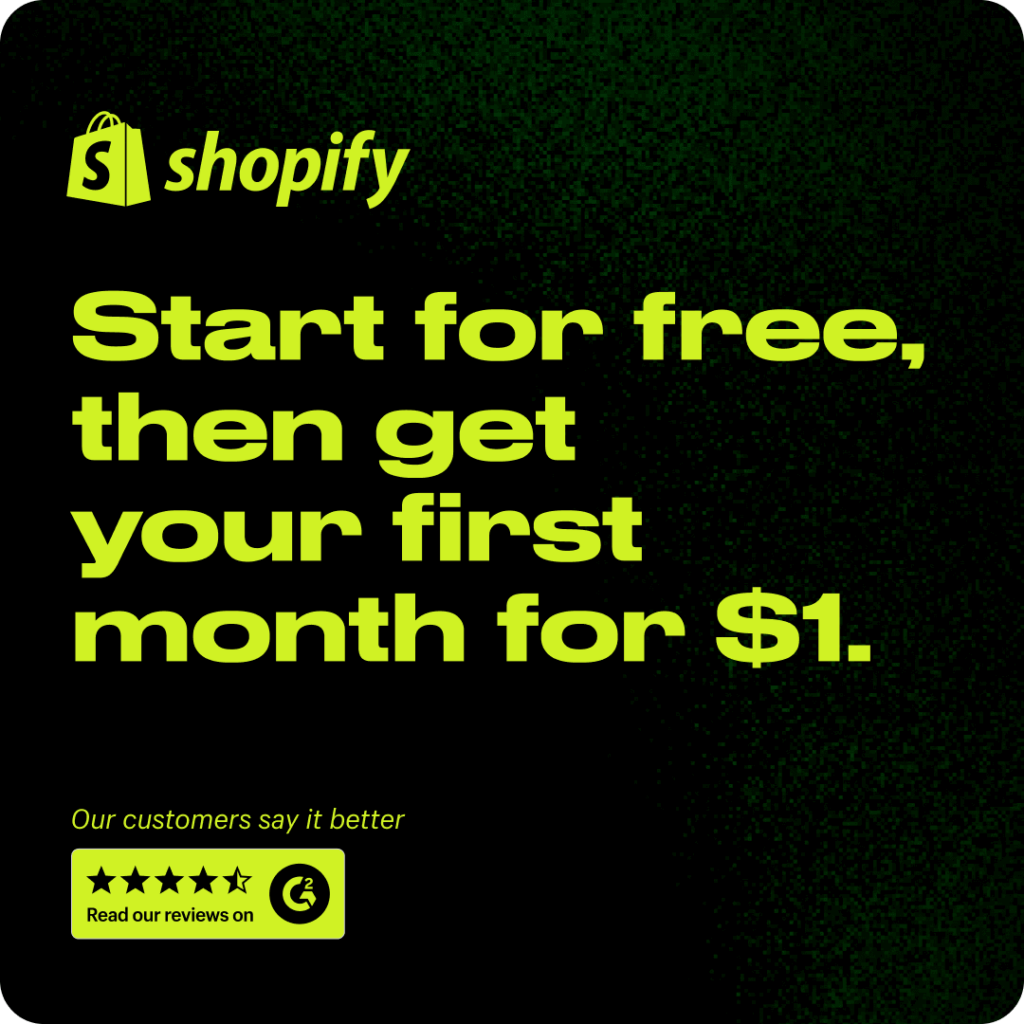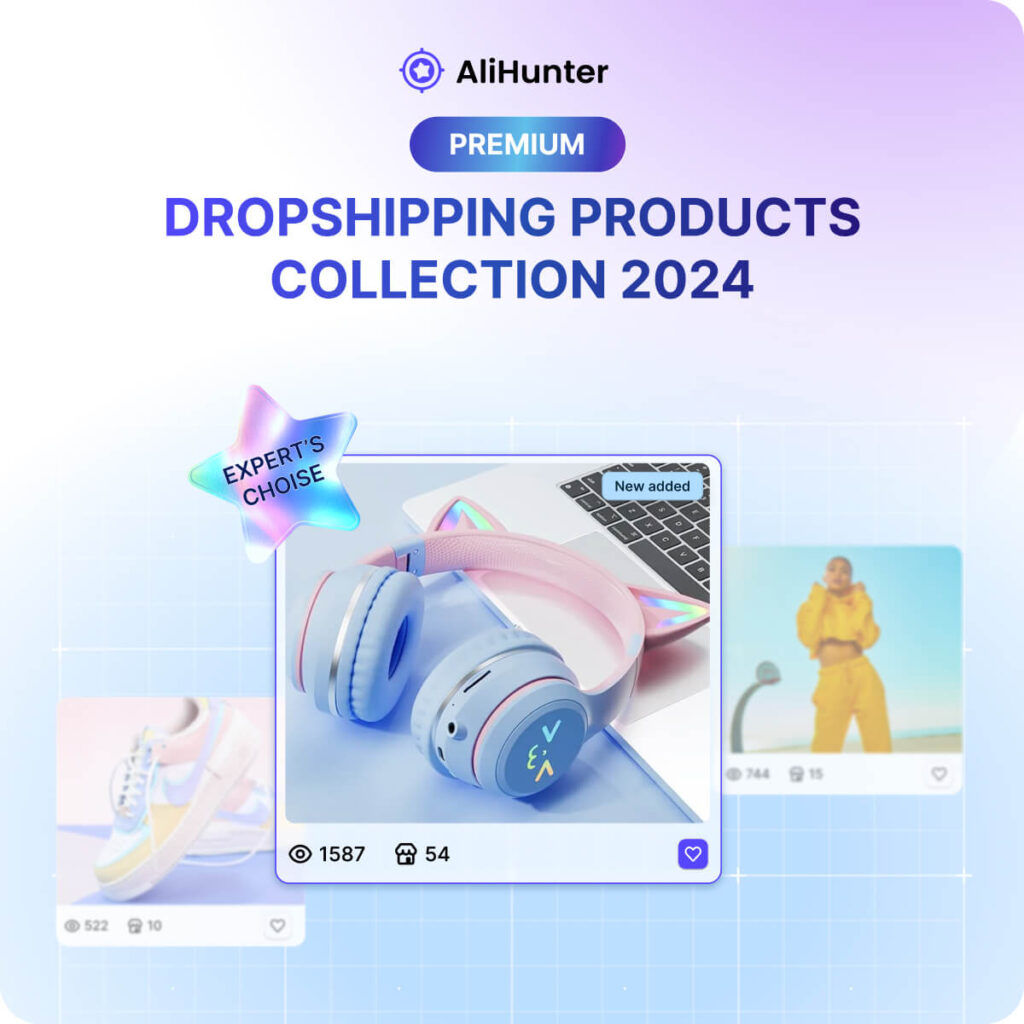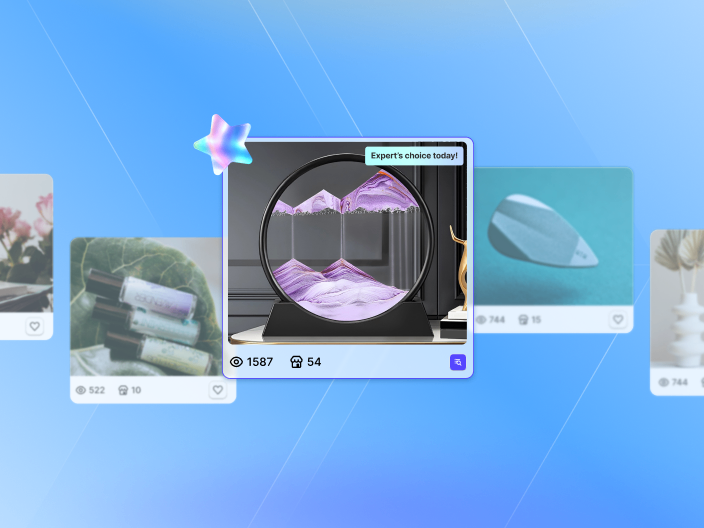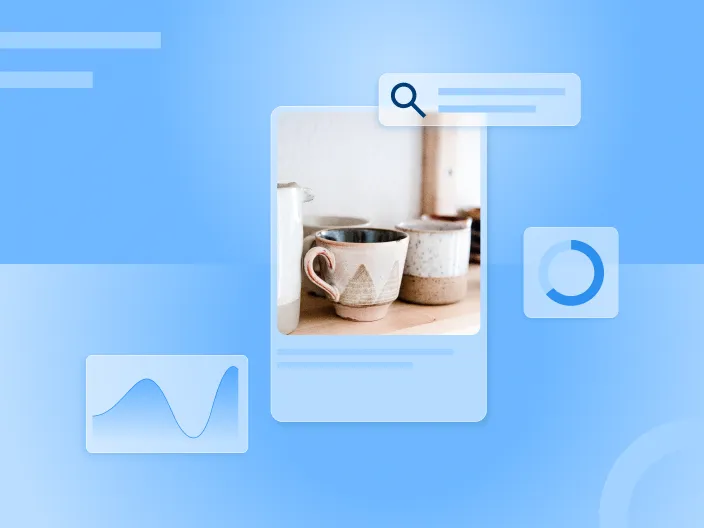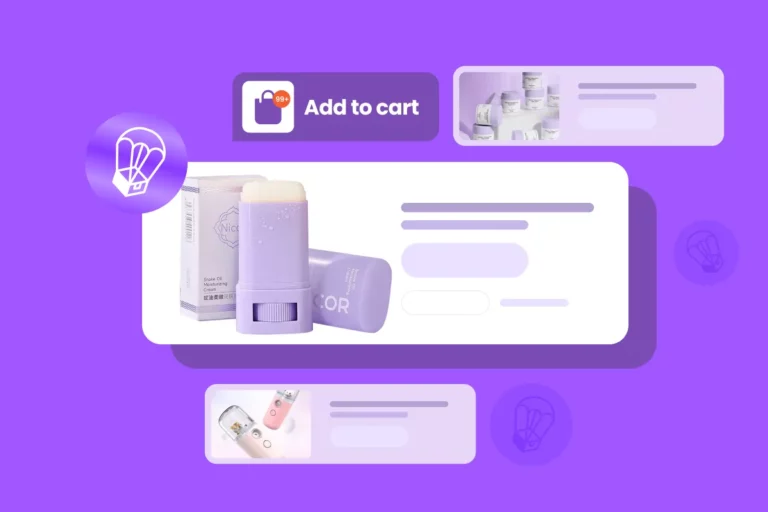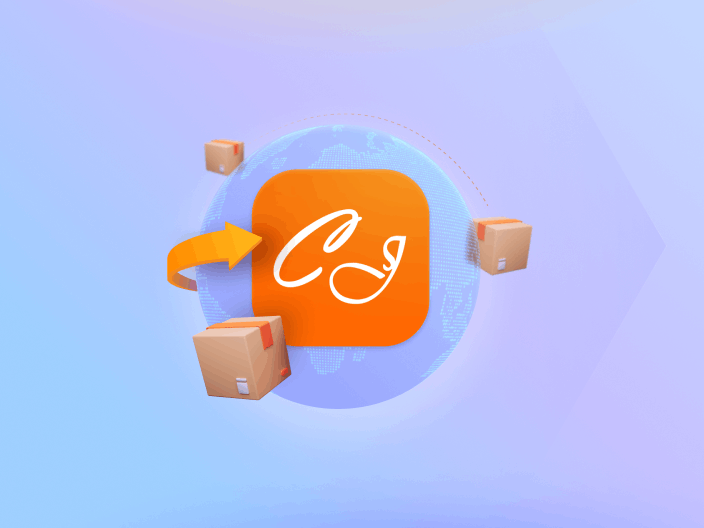Private Label Dropshipping: How it Works & What to Consider

If you want to launch an eCommerce store quickly without much initial investment, private label dropshipping is the answer you’ve been searching for. This business model enables you to easily add your branding on the products of your supplier, and then sell them to your customers under your brand name.
But what is private label dropshipping, how does it work, and what should you take into account when starting your private label dropshipping store? Don’t worry! We’ll cover them all in today’s blog post.
Let’s dive right in!
Private label dropshipping 101: All you must know about
- What is private label dropshipping?
Private label dropshipping is when you sell products made by others, but you add your brand to them and send them directly to your customers. The best part is that you can start an online store without needing a lot of money.
Unlike the traditional private-label model, with private-label dropshipping, you don’t have to spend a ton upfront. Things like creating products, storing them, and shipping them are all handled by a third-party supplier, so you can focus on running your business without the big startup costs.
- Why choose private label dropshipping?
Here are the top three reasons why private label dropshipping is a fantastic starting point for your dropshipping store:
- No inventory stress: You don’t need to worry about stocking up on gadgets or where to keep them. Your supplier has got that covered.
- Low start-up costs: If you’re on a tight budget, this is perfect. You don’t have to spend a ton of money upfront on gadgets or storage space.
- Brand building: If you dream of having your own brand, this is the path. You can create your brand identity and sell products under your label.
With private label dropshipping, you don’t need to fuss about stuff like stocking too much or the cost of making the gadgets. Your main expenses will be things like marketing and keeping the virtual lights on for your online store.
- Private label vs white label– how do they differ?
But hold on, there’s a cousin called “white label.” White label is like sharing a secret recipe with your friends. You and a bunch of others can sell the same gadgets under different labels. It’s quicker, but you won’t have your unique brand.
So, if you’re in a hurry, go white label. But if you want to build your brand and have more control, go private label.
- Some examples of private-label dropshipping products
The best private-label dropshipping products should be the ones you can easily add your logo and branding assets. Here are some examples:
- Cosmetics: Customize skincare, makeup, or haircare products with your branding.
- Apparel: Offer clothing, accessories, or footwear under your brand name.
- Supplements: Create dietary supplements, vitamins, or health products with your label.
- Electronics: Sell gadgets, headphones, or phone accessories with your brand.
- Home goods: Offer furniture, kitchenware, or decor items tailored to your brand.
- Food and beverages: Customize snacks, beverages, or gourmet products.
- Fitness equipment: Brand workout gear, yoga mats,
| 💡Your dropshipping products can be a deal maker or breaker. Thus, do careful product research to find winning products for your dropshipping store. Here are some of our insightful articles that help:120+ Hot and Trending Dropshipping Products To SellTop 6 Most Profitable Dropshipping NichesDiscover 10 Best Products to Sell On Shopify in 2023 |
How does private label dropshipping work?
Private label dropshipping is a smart way for you to start an eCommerce business without breaking the bank or dealing with the hassle of managing inventory. Here’s the scoop in simple terms:
Imagine you want to sell cool gadgets online, but you don’t have the money to buy and store them in your garage. That’s where private label dropshipping comes to the rescue. Instead of buying the gadgets upfront, you partner with suppliers who already have those gadgets. These suppliers are like your behind-the-scenes heroes.
They let you put your own label on their products (that’s why it’s called “private label“), making it seem like the gadgets are exclusively yours.
Now, when someone buys one of your gadgets online, you don’t have to rush to your garage to find it. Instead, the supplier takes care of everything, from packing the gadget to shipping it directly to your customer’s doorstep. It’s like having a team of magical elves handling the hard work for you.
What do you need to consider when starting a private label dropshipping business?
The incredible part of private label dropshipping is that you don’t have to worry about upfront costs or the hassle of managing inventory. However, to succeed and bring in orders, you must be selective and strategic toward the products you choose and the suppliers you want to partner with.
#1. Which products to choose for your private label dropshipping store?
When selecting products for your private label dropshipping store, focus on items that align with your interests and expertise. Choose products you genuinely know and love, as this will help you understand quality and customer expectations better.
Research trends in your chosen niche, consider the product’s profit margin, and assess its demand using market research tools like Ali Hunter if you want to source your private label product from AliExpress.
Also, don’t forget to look for products that can be customized with your branding easily. Some popular options for private label dropshipping can be T-shirts, water bottles, mugs, floor mats, etc.
#2. Which suppliers to partner with?
Before jumping into any business partnership, you want to be sure you’re working with a reliable supplier. Look for potential suppliers on platforms like Dripshippers, AliExpress, Alibaba, or Spocket.
Read reviews from other businesses that have used these suppliers. These reviews will tell you how easy they are to work with, the quality of their products, and how good they are at customer support.
Once you’ve found a supplier you trust, ask them for all the nitty-gritty details about the product. You’ll want to know things like the product’s weight, size, material, color, and any necessary certifications (like FDA approval for food, cosmetics, or pet products).
Don’t forget about branded packaging specifications, including the materials used and the formats for your logo. And make sure they can offer fast, free shipping because customers expect it.
Frequently asked questions
Final thoughts on private label dropshipping
All in all, private label dropshipping combines the fundamentals of private label and dropshipping model, enabling you to quickly launch an eCommerce store and still manage to build your branding around what you’re selling.
We hope after reading this article, you can have a better understanding of what private label dropshipping is, how it operates, and things to keep in mind when launching your private label dropshipping store.
